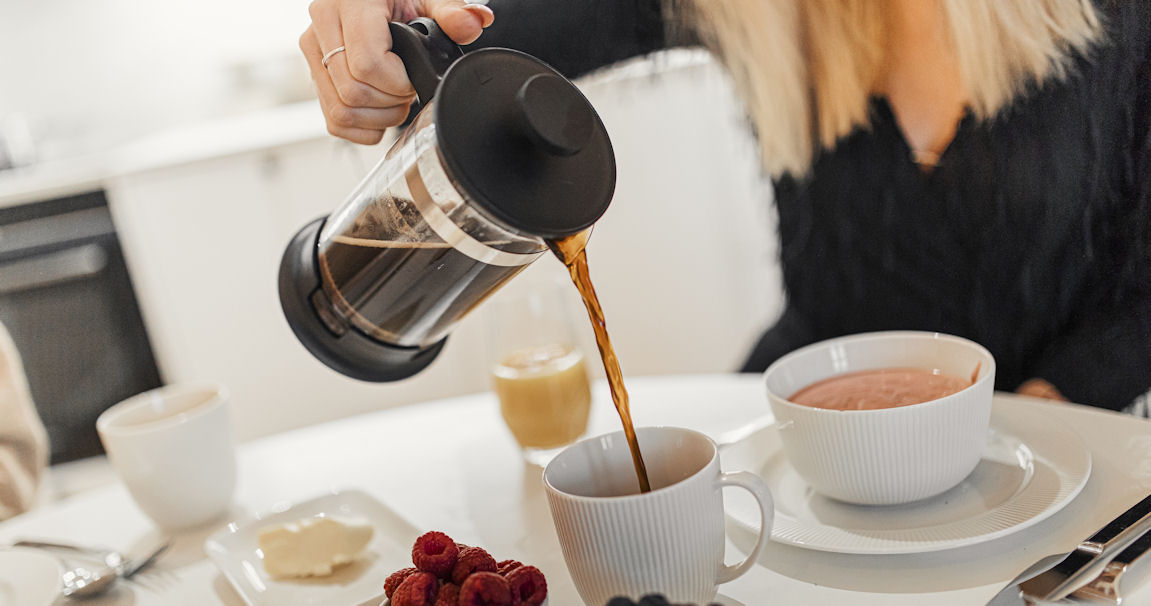
Let’s take a look, you may be surprised of just how important this mineral is in your daily routines:
We use cookies to give you the best internet experience. By giving consent, you accept the use of cookies in accordance with our cookie policy.

When you visit any web site, it may store or retrieve information on your browser, mostly in the form of cookies. Control your personal Cookie Services here.